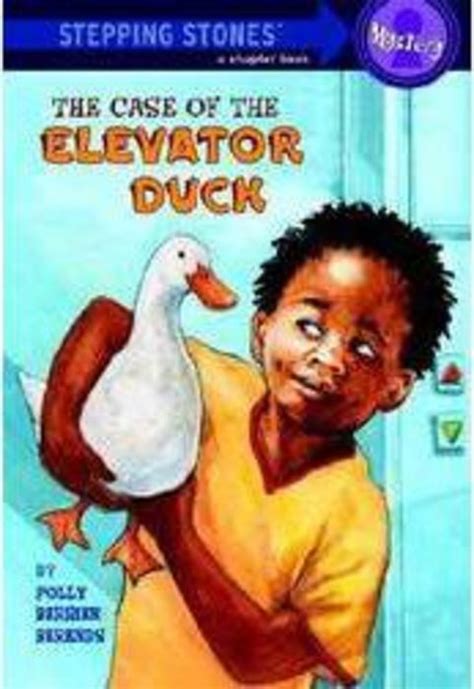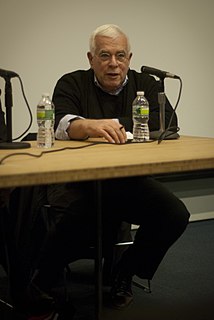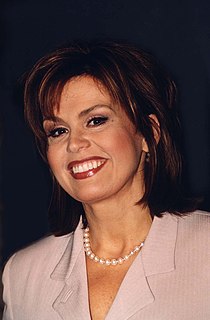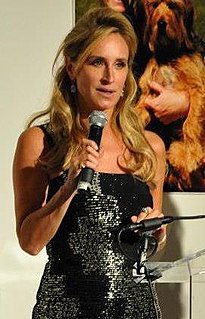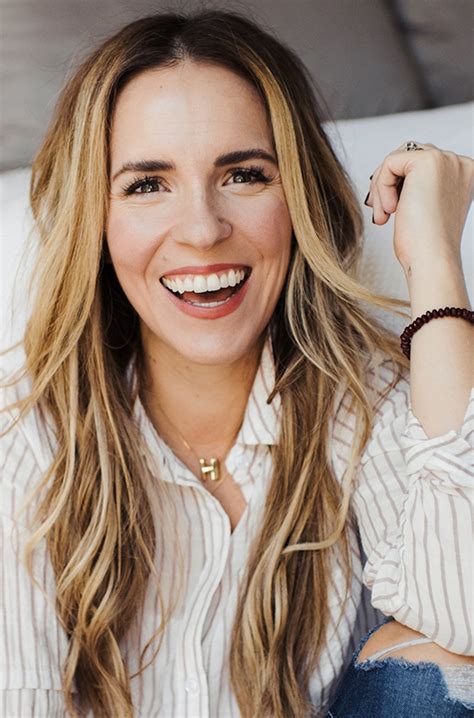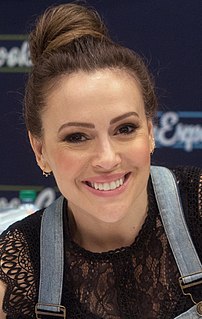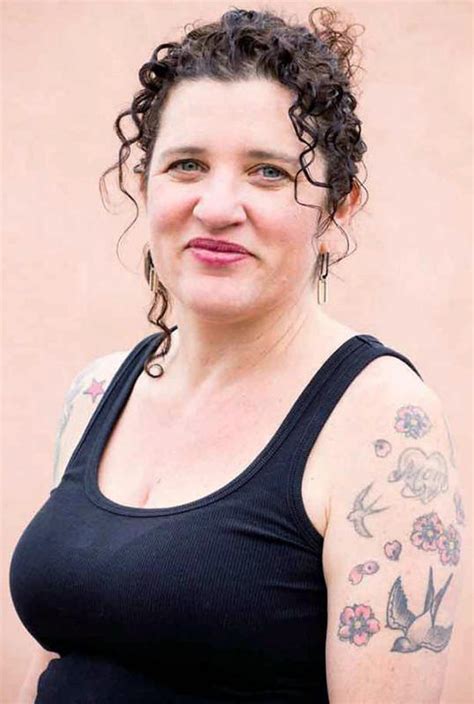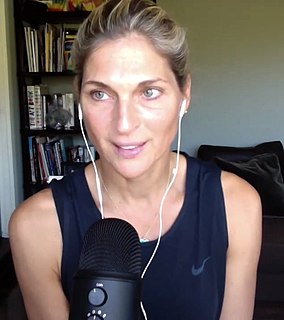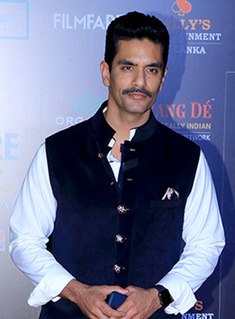A Quote by Polly Berrien Berends
Parenthood always comes as a shock. Postpartum blues? Postpartum panic is more like it. We set out to have a baby; what we get is a total take-over of our lives.
Related Quotes
I remember, after my first postpartum depression, I didn't know what had happened to me. I was stuck in this gray depression where I just wanted to retreat and pull the covers over my head and weep. My mother and I, we went to a psychiatrist, and he just patted me on the head and told me I had baby blues, which was not helpful, obviously.
In fact, during the postpartum period, many mothers don't feel attached towards her new born. So during such times they are quite sensitive and require special care. Still there are people who don't think twice before making hurtful comments about how a mother looks. I fail to understand what satisfaction they get out of body shaming others.
Having a book is somewhat like having a baby, as many woman writers have observed before me: the conception, the long preparation, the wait, the growing heaviness (not of body in this case but of the spirit and the manuscript) toward the end, the initial delight at the sight of the product, fully formed and seemingly perfect, and then the usual postpartum depression. What will people whose opinion I care about, and those whose views I don't value but have weight in the world of reader, think of it?
